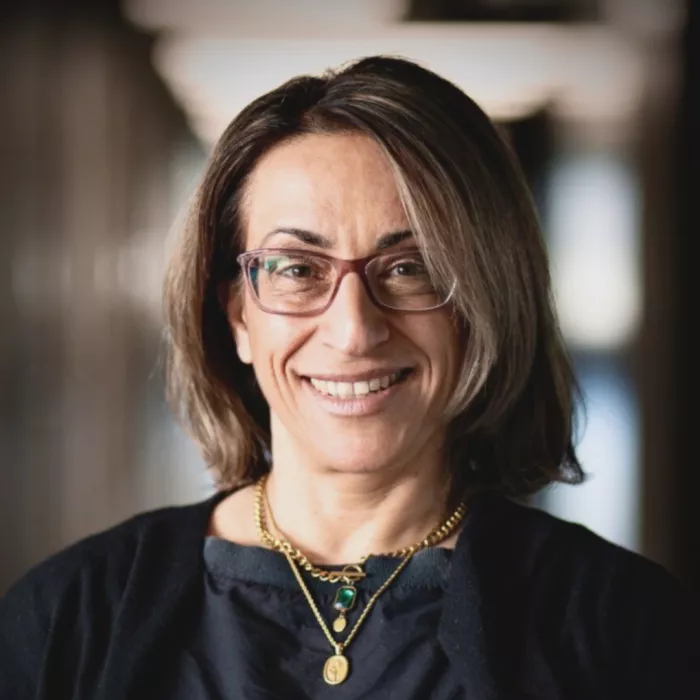
From Organoids to Algorithms: Translational Platforms for Precision Oncology in Solid Tumors

- medicina
- research
The complexity of solid tumors such as pancreatic ductal adenocarcinoma (PDAC) and bladder cancer demands integrative approaches that combine biological fidelity with computational power. Here we outline a multi-modal translational framework that leverages patient-derived organoids, spatial transcriptomics, microfluidic platforms, and artificial intelligence to accelerate personalized cancer therapy development. Feasibility trials in PDAC have demonstrated the successful acquisition of high-quality biopsies for downstream applications, including organoid generation and spatial profiling. These models recapitulate key histopathological and molecular features, enabling functional drug screening and predictive modeling. AI-based classifiers trained on transcriptomic data further stratify tumors by therapeutic response, even in cases where organoid derivation is not feasible. Complementing this, the iBloC (immune Bladder-on-Chip) platform introduces a microfluidic system tailored for bladder cancer, simulating tumor-immune interactions under physiologically relevant conditions. This chip-based model supports dynamic drug testing and real-time molecular analysis, bridging the gap between preclinical research and clinical application. Together, these platforms represent a scalable and clinically relevant pipeline for precision oncology, integrating experimental and computational tools to guide individualized treatment strategies.